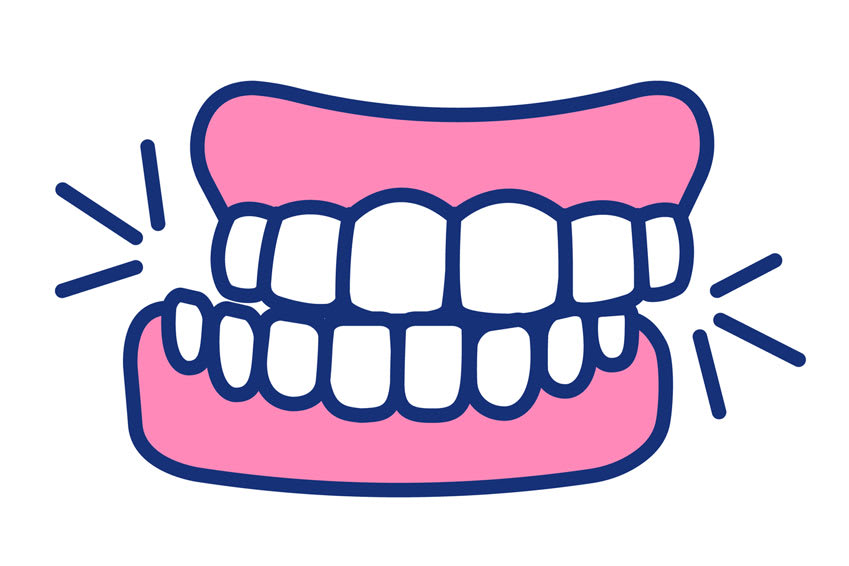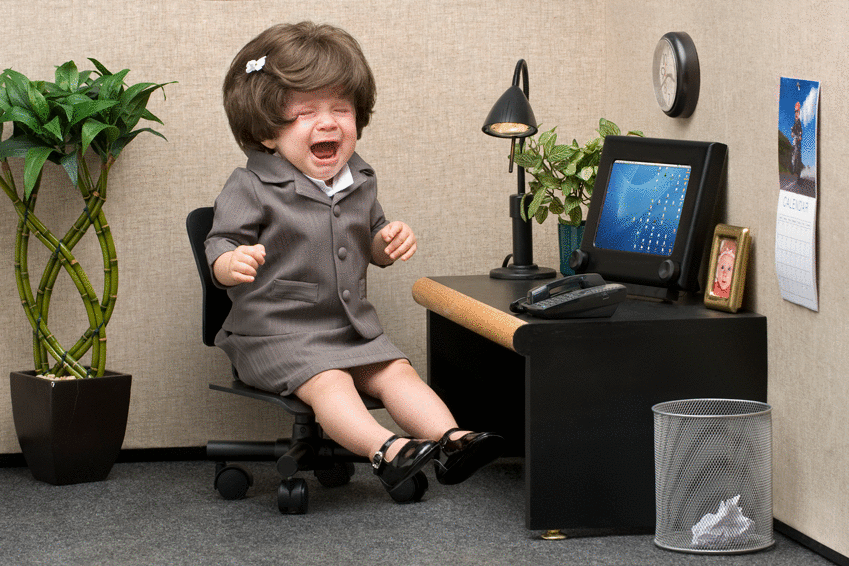What can cause damage to your teeth, jaw pain and other uncomfortable symptoms? You may have heard of “bruxism” – learn what it is, and how to stop it.
It can keep your partner awake at night and do serious damage to your teeth. It can even be a cause of un-diagnosed jaw pain. Teeth grinding is a potentially serious problem.
Strangely, you may not even know you have this tooth-damaging habit until you experience unexplained jaw pain or your partner or dentist points it out to you. What causes teeth grinding and what can you do about it?
What causes of bruxism?
It isn’t completely clear what causes bruxism. It appears to be particularly common in children who often outgrow it at some point in their developmental cycle.
When it occurs in adults, it seems to be related to and triggered by anxiety. Sometimes, correcting the underlying stressful circumstance can completely eliminate the symptoms and restore formerly peaceful sleep patterns.
How do you know if you suffer from bruxism?
If your partner or someone in your family has observed the chatter and noise emanating your grinding teeth, you have your diagnosis. You may also be grinding if you notice that your teeth appear to be worn down or you’re suffering from jaw pain or recurrent headaches.
Here’s a brief video about bruxism from the American Dental Association…
If you are experiencing any of these symptoms, schedule a visit with your dentist who can check for irregularities that may suggest teeth grinding is taking place.
Now that you know the causes of teeth grinding, is there an effective treatment? Fortunately, there are some simple steps you can take to prevent grinding teeth:
Reduce stress
If you grind your teeth at night, it’s time to make an honest assessment of your stress level. If you’re overworked or worried about a particular problem, addressing the issue may reduce the frequency or severity of teeth grinding.
Try a natural means of reducing stress such as meditation, yoga, or deep breathing exercises. Biofeedback has also been successfully used to treat teeth grinding.
Take a long soak in a warm, fragrant bathtub before going to bed. If your anxiety is considerable, ask your doctor. or try the natural approach of drinking a cup of chamomile tea.
Check your medications
Surprisingly, the drugs you take may be contributing to your teeth grinding habit. Medications that can be problematic include certain classes of antidepressants and anti-psychotic drugs. Check with your doctor to make sure the medications you’re taking aren’t contributing to stress.
See Your Dentist
Whether or not you are successful in reducing bruxism, it’s important to check for damage to your teeth as a result of past grinding episodes. Since grinding can be the result of misaligned teeth, orthodontic therapy could also be applied. Restorative procedures could be used to return your bite to normal. And, a custom-made protective mouth guard could be designed for you.
Keep Careful Watch
If possible, have a partner or family member monitor you to determine if the frequency of your teeth grinding is decreasing. If so, you’ll know you’re on the right path to recovery.



















